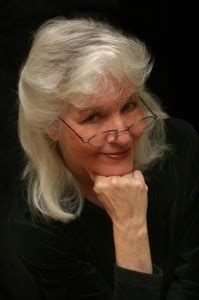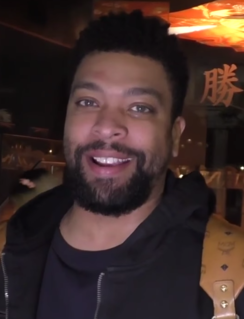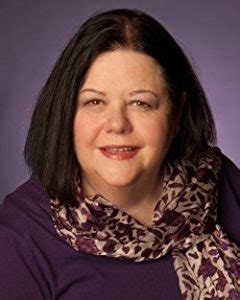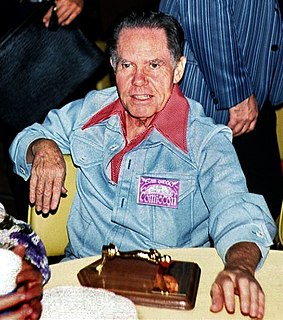A Quote by Mary Blakely
Certainly, words can be as abusive as any blow. . . . When a three-year-old yells, "You're so stupid! What a dummy!" it doesn't carry the same weight as when a mother yells those words to a child. . . . Even if you don't physically abuse young children, you can still drive them nuts with your words.
Related Quotes
Critical words to a child are as painful and damaging as being physically hit. They are verbal slaps in the face. Usually, critical words are accompanied by threats, name-calling, and yelling. This verbal abuse can be especially damaging. Insulting names echo in a child's mind over and over again until he comes to believe he is indeed stupid, selfish, lazy, or ugly and that in fact, that is all he is.
Just by being aware, thoughts start disappearing. There is no need to fight. Your awareness is enough to destroy them. And when the mind is empty, the temple is ready. And inside the temple the only god worth placing is silence. So those three words you have to remember: relaxation, thoughtlessness, silence. And if these three words are no more words to you but become experiences, your life will be transformed.
When we can't hold back, or set boundaries, on what comes from our lips, our words are in charge-not us. But we are still responsible for those words. Our words do not come from somewhere outside of us, as if we were a ventriloquist's dummy. They are the product of our hearts. Our saying, "I didn't mean that," is probably better translated, "I didn't want you to know I thought that about you." We need to take responsibility for our words. "But I tell you that men will have to give account on the day of judgment for every careless word they have spoken" (Matt. 12:36).
All the children in the world, when they go to school, have the right to study in their mother tongue. But we go to school and run into literary Arabic as children. It sounds like a foreign language. The words for "house" or "table" or "lamp" are not the same as the words we use at home, and most of the other words are alien to children at school. Classical Arabic is one of the prisons of the Arab world.
The English language lacks the words 'to mourn an absence.' For the loss of a parent, grandparent, spouse, child or friend we have all manner of words and phrases, some helpful, some not. Still, we are conditioned to say something, even if it is only 'I am sorry for your loss.' But for an absence, for someone who was never there at all, we are wordless to capture that particular emptiness. For those who deeply want children and are denied them, those missing babies hover like silent, ephemeral shadows over their lives. Who can describe the feel of a tiny hand that is never held?
I want you to understand the words. I want you taste the words. I want you to love the words. Because the words are important. But they're only words. You leave them on the paper and you take the thoughts and put them into your mind and then you as an actor recreate them, as if the thoughts had suddenly occurred to you.
For we let our young men and women go out unarmed in a day when armor was never so necessary. By teaching them to read, we have left them at the mercy of the printed word. By the invention of the film and the radio, we have made certain that no aversion to reading shall secure them from the incessant battery of words, words, words. They do not know what the words mean; they do not know how to ward them off or blunt their edge or fling them back; they are prey to words in their emotions instead of being the masters of them in their intellects.



































